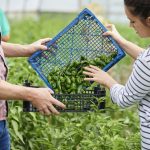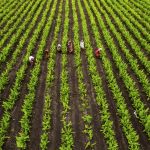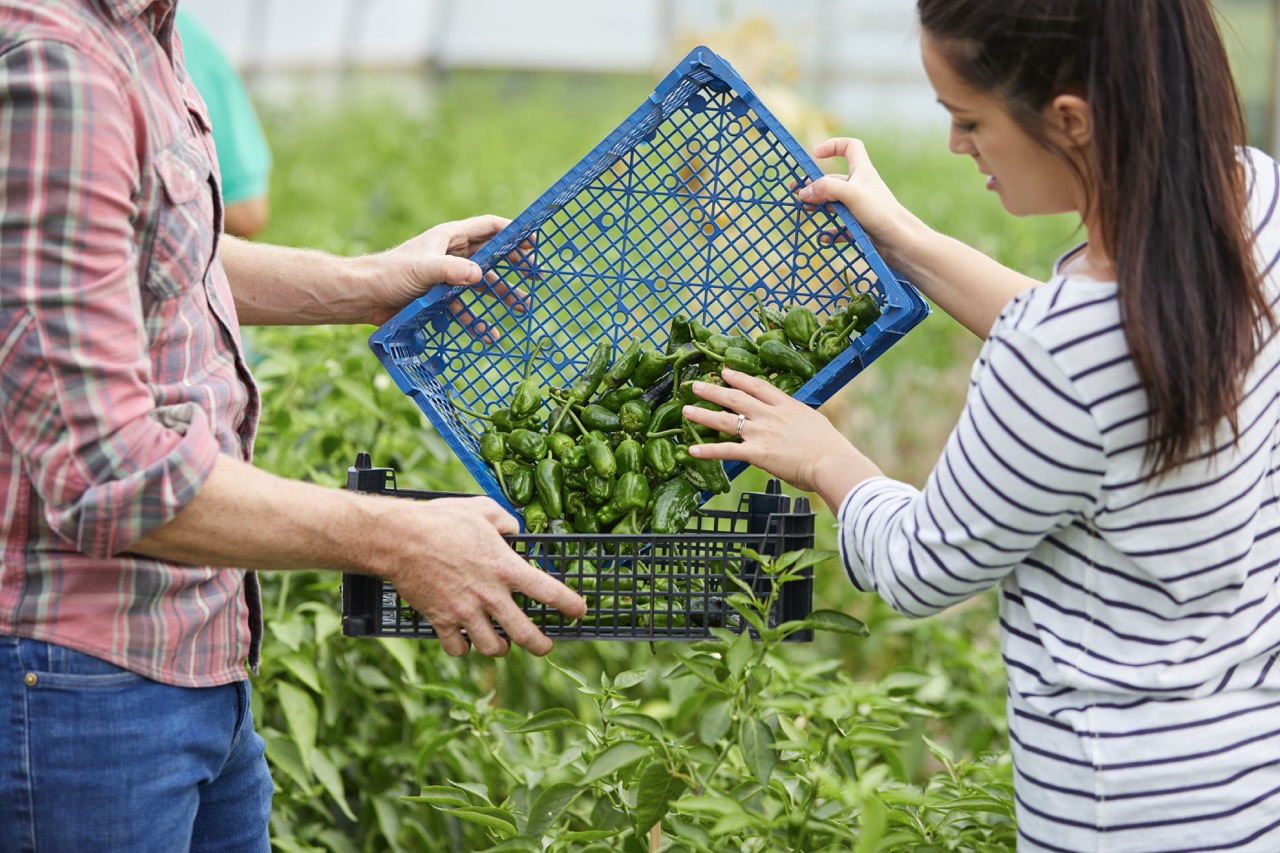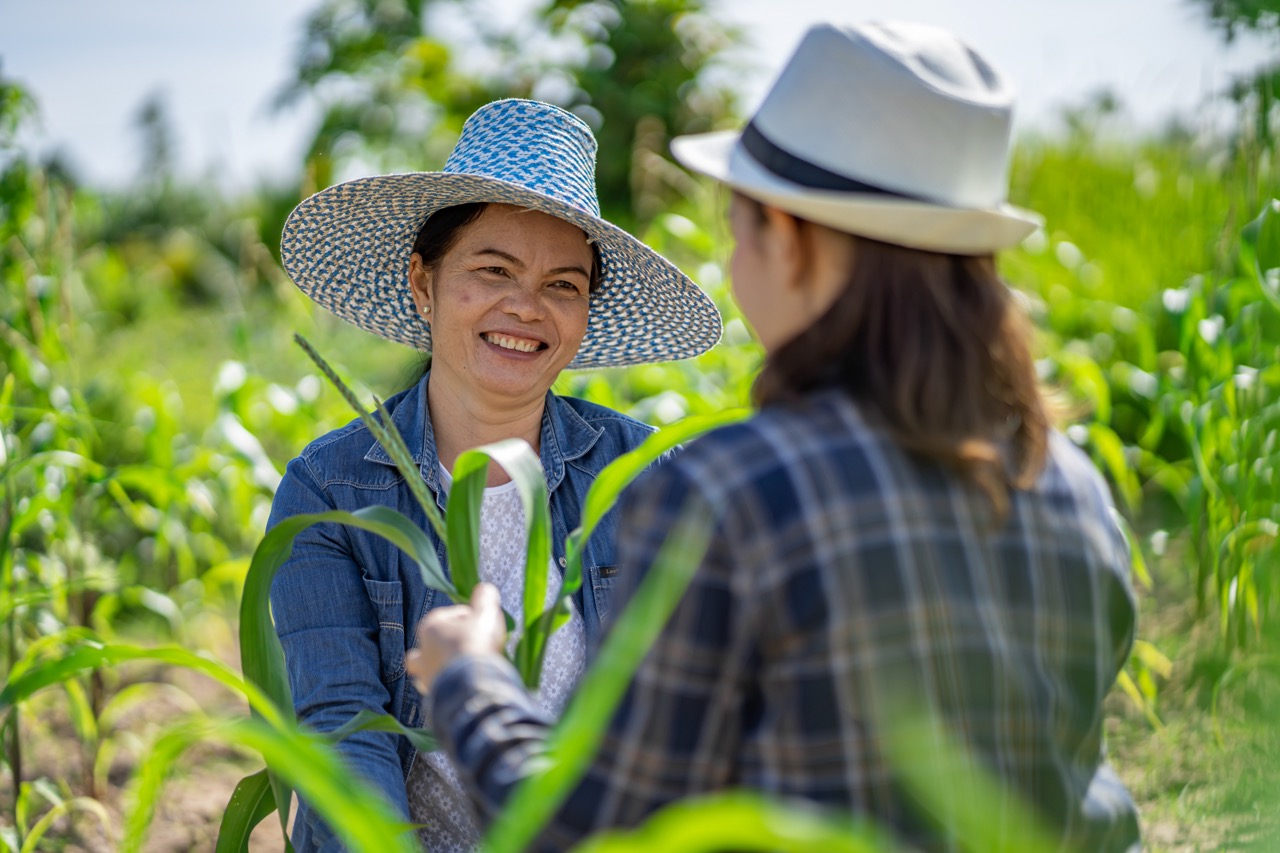As the planet warms and weather patterns shift, the repercussions of climate change are increasingly evident. One of the most affected sectors is agriculture, which is intricately tied to the climate. Farmers around the globe are facing unprecedented challenges, from shifting growing seasons to extreme weather events. Understanding the multifaceted impact of climate change on agriculture is crucial for ensuring food security and sustaining livelihoods in an era marked by environmental uncertainty.
Understanding Climate Change and Its Agricultural Effects
Climate change refers to long-term alterations in temperature, precipitation, wind patterns, and other elements of the Earth’s climate system. These changes are primarily driven by human activities, particularly the burning of fossil fuels and deforestation, leading to increased levels of greenhouse gases in the atmosphere. The agricultural sector is both a contributor to and a victim of climate change, making it a complex area of concern. The cultivation of crops and livestock management rely heavily on stable climate conditions, which are being disrupted by climate variability.
The effects of climate change on agriculture are varied and complex. Rising temperatures can alter the growing seasons, decrease soil fertility, and increase the frequency of pests and diseases. Additionally, extreme weather events, such as droughts, floods, and hurricanes, can devastate crops and livestock, leading to significant economic losses. As global temperatures continue to rise, understanding these impacts becomes increasingly critical for farmers, policymakers, and researchers alike.
Moreover, climate change poses a direct threat to food security, as it affects not only agricultural productivity but also the livelihoods of millions of farmers worldwide. Vulnerable communities, particularly in developing countries, are often the hardest hit due to their dependence on subsistence farming and lack of resources to adapt to changing conditions. Therefore, addressing the impacts of climate change on agriculture is essential for ensuring stable food supplies and fostering resilience in farming communities.
Rising Temperatures: Threats to Crop Yields Worldwide
One of the most immediate impacts of climate change is the increase in global temperatures, which has profound implications for agriculture. Studies show that many staple crops, including wheat, rice, and maize, experience reduced yields as temperatures rise beyond optimal growth conditions. For instance, even a modest increase in temperature can significantly hinder photosynthesis, leading to lower crop productivity during critical growth stages.
In addition to direct effects on yields, higher temperatures can exacerbate water stress and nutrient depletion in soils. Heatwaves can lead to crop wilting and increased evaporation rates, which further strains the water supply for irrigation. As the planet continues to warm, regions that were once suitable for certain crops may become less viable, forcing farmers to adapt their practices or shift to alternative crops that may not be as economically viable or culturally accepted.
The economic ramifications of declining crop yields are substantial. Many farmers depend on consistent harvests to meet their financial obligations and support their families. Reduced agricultural output can lead to increased food prices, food insecurity, and, in severe cases, poverty. Policymakers must recognize these challenges and work toward solutions that support farmers in adapting to higher temperatures and maintaining agricultural productivity.
Water Scarcity: A Growing Concern for Farmers Globally
Water scarcity is becoming an increasingly pressing issue due to climate change, significantly impacting agricultural practices worldwide. Changing precipitation patterns, prolonged droughts, and the over-extraction of water resources have contributed to a decline in the availability of freshwater for irrigation. This scarcity poses serious threats to crop yields and livestock health, particularly in arid and semi-arid regions where agriculture is highly vulnerable.
Farmers are now more frequently confronted with the challenge of maintaining sufficient water supplies for their crops. In many areas, traditional water management practices are no longer adequate to meet the demands of modern agriculture. As a result, there is an urgent need for innovative irrigation techniques and water conservation strategies that can help mitigate the impacts of water scarcity. Techniques such as drip irrigation, rainwater harvesting, and the use of drought-resistant crop varieties are becoming essential tools for farmers facing dwindling water supplies.
Furthermore, the implications of water scarcity extend beyond agricultural productivity. Competition for water resources can lead to conflicts among various sectors, including agriculture, industry, and urban development. Policymakers must take an integrated approach to water management that balances the needs of agriculture with those of other sectors, ensuring that farmers have access to the resources necessary to sustain their livelihoods while also considering the long-term sustainability of water resources.
Adapting Agriculture: Innovations for a Sustainable Future
As the challenges posed by climate change intensify, the agricultural sector must embrace innovation to adapt effectively. Technological advancements are playing a crucial role in helping farmers respond to changing climatic conditions. Precision agriculture, which utilizes data analytics, drones, and sensors, allows farmers to optimize resource use, enhance productivity, and minimize environmental impacts. By leveraging these technologies, farmers can make informed decisions that ensure sustainable practices while maximizing yields.
In addition to technology, the adoption of agroecological practices is gaining traction as a viable approach to sustainable agriculture. These methods prioritize biodiversity, soil health, and ecosystem resilience, allowing farmers to adapt to climate variability while maintaining productivity. Crop diversification, intercropping, and organic farming not only promote sustainability but also enhance food security by reducing dependence on single crops susceptible to climate impacts.
Collaboration among stakeholders is essential for driving the necessary changes in agriculture. Farmers, researchers, policymakers, and NGOs must work together to share knowledge, resources, and best practices for climate adaptation. By fostering partnerships and encouraging the exchange of innovative ideas, the agricultural sector can build resilience against climate change and ensure a sustainable future for food production.
The impact of climate change on global agriculture is profound and multifaceted, posing challenges that require immediate and coordinated action. Understanding the effects of rising temperatures and water scarcity is critical for farmers and policymakers as they navigate these turbulent times. By fostering innovation and collaboration, the agricultural sector can develop adaptive strategies that not only mitigate the impacts of climate change but also promote sustainability and resilience for future generations. As we confront these global challenges, the commitment to sustainable agriculture will be paramount in ensuring food security and safeguarding the livelihoods of millions of farmers worldwide.







